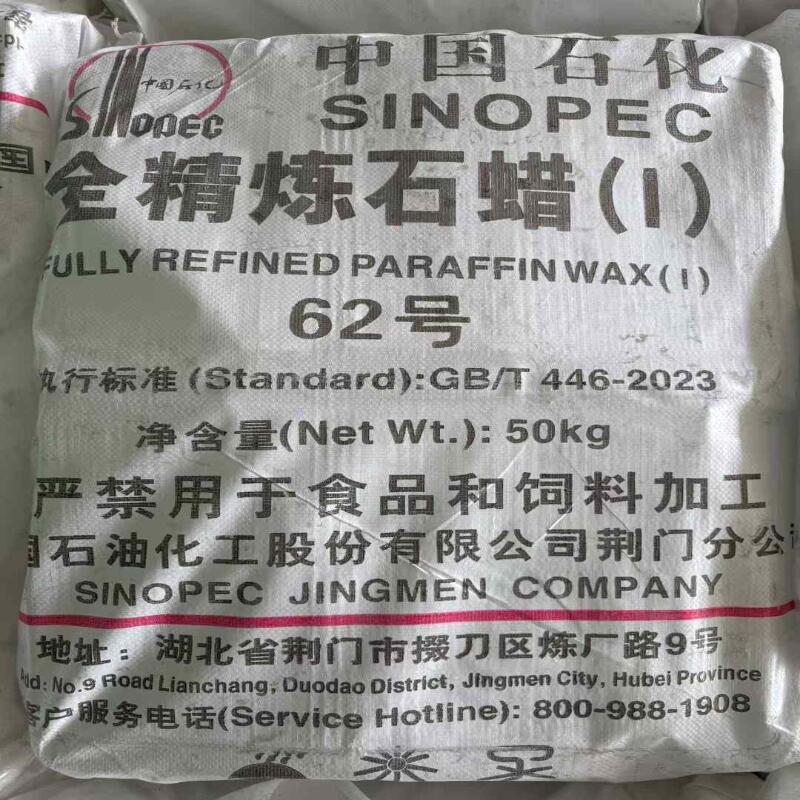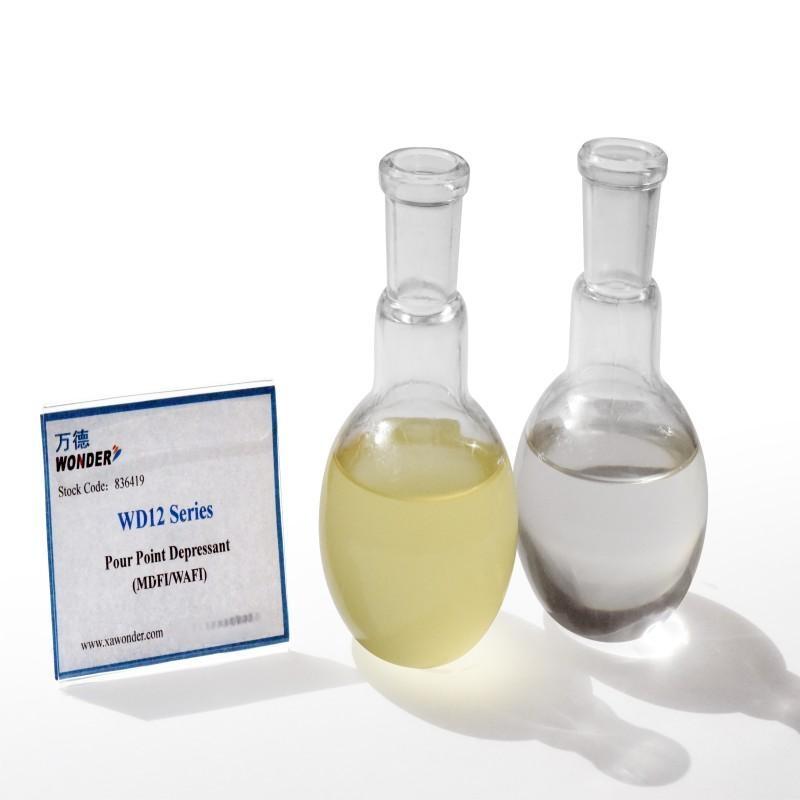-
Categories
-
Pharmaceutical Intermediates
-
Active Pharmaceutical Ingredients
-
Food Additives
- Industrial Coatings
- Agrochemicals
- Dyes and Pigments
- Surfactant
- Flavors and Fragrances
- Chemical Reagents
- Catalyst and Auxiliary
- Natural Products
- Inorganic Chemistry
-
Organic Chemistry
-
Biochemical Engineering
- Analytical Chemistry
-
Cosmetic Ingredient
- Water Treatment Chemical
-
Pharmaceutical Intermediates
Promotion
ECHEMI Mall
Wholesale
Weekly Price
Exhibition
News
-
Trade Service
On November 29, the website of Russia's newspaper Izvestia published an article titled "Showing Opposition: Why the United States Wants to Get Venezuelan Oil Back," written by Maria Vasilieva
.
The full excerpt is compiled below:
Venezuela has been under
U.
S.
oil sanctions since 2019.
The United States does not recognize Nicolas Maduro as the legitimate president of Venezuela and refuses to buy oil from the country, and also prohibits U.
S.
financial institutions from processing payments made by third countries for Venezuelan oil purchases in dollars
.
But because Russian oil exports have also been sanctioned this year, the United States has had to bail out the market on its own to avoid a spike
in raw material prices.
After the failure of the plan to mobilize the "OPEC+" countries to increase production, the US authorities had to think of Venezuela
.
Against this backdrop, on November 27, the United States authorities allowed Chevron to resume oil extraction
in Venezuela.
The choice of this date was not accidental
.
The embargo on Russian oil (included in the eighth package of sanctions) will take effect
as early as December 5.
In addition, the G7 and the European Union are now working to agree on
a ceiling on the price of raw materials in Russia.
The official U.
S.
explanation for this gesture of goodwill is that Venezuelan President Nicolas Maduro met with opposition representatives
in Mexico on November 26.
The two sides agreed to use the frozen billions of dollars for domestic humanitarian objectives and UN-supervised infrastructure investment programs
.
Jose Antonio Egido, a Spanish political scientist, said: "Of course, the reason for this decision is that the United States must increase the supply of crude oil to control inflation
without using its own strategic reserves.
After all, nearly 700 other sanctions remain in force, costing the Venezuelan economy and people dearly
.
”
At the same time, he said that the Venezuelan authorities could not solve the problems of the United States
.
"At the peak of extraction, Venezuela exported 3 million barrels of oil
a day to customers.
Sanctions have weakened the country's production capacity, which now exports only 1 million barrels
per day.
Obviously, Venezuela's export capacity now cannot be compared with that of Russia or Saudi Arabia
.
”
Alexander Frolov, deputy director of Russia's National Energy Research Institute, emphasized: "Before the sanctions, Venezuela's oil exports were enough to make it in the top three
among the sources of oil imports from the United States.
Now, against the backdrop of anti-Russian sanctions imposed by the United States, supplies from Saudi Arabia and Iraq are increasing
.
At the same time, Washington is selling 1 million barrels a day from its own limited national strategic reserves
.
”
Frolov said that this sell-off will soon end and the EU embargo on Russian oil will soon come into effect
.
This could lead to the withdrawal of up to 1 million barrels of Russian oil per day from world markets
.
In the face of this risk, the United States needs to encourage certain countries to increase oil production
.
He added: "Negotiations with the Middle East and Iran have reached an impasse, and only Venezuela is left with the card
.
”
Dmitry Rosenthal, deputy director of the Institute of Latin American Studies of the Russian Academy of Sciences, said that the Americans hope that Venezuela will show political gestures in support of the United States, including abandoning cooperation
with Russia.
"Whether the Venezuelan president is prepared to do this is a big question
.
Maduro knows very well that once the Russian problem is resolved, Washington will deal with the Venezuelan leader
sooner or later.
That is, for Venezuela to join the deal, he needs to be given huge security guarantees
.
”







